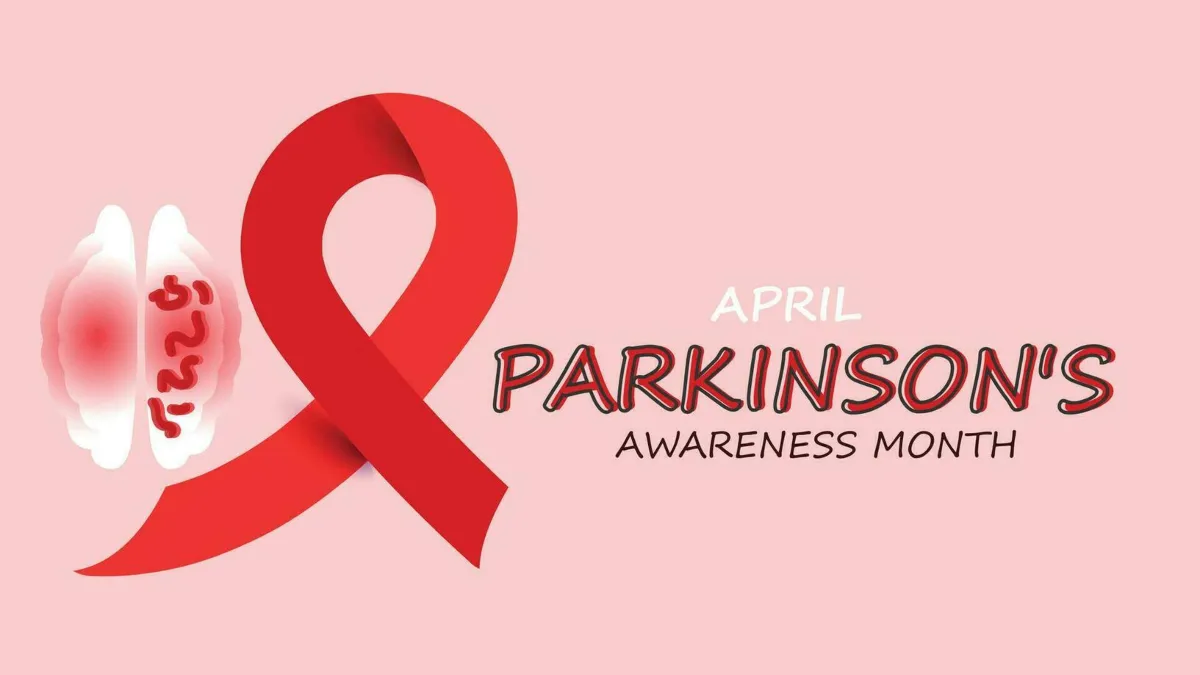Are you aware? Parkinson's disease is a progressive neurological disorder that mainly impacts one’s movement. According to Dr Pankaj Agarwal, Head of the Department of Neurology, Gleneagles Hospital Parel Mumbai, the most common symptoms of Parkinson's are tremors or involuntary shaking in the hands, arms, legs, jaw, or head. These tremors tend to interfere with one’s daily activities and impact the quality of life. Another common symptom is bradykinesia, or slowness of movement causing difficulty initiating movement, slowed walking speed, and overall reduced mobility. Parkinson’s in the later stages can also cause memory loss and difficulty concentrating, depression, anxiety, sleep disturbances, and fatigue. People with Parkinson's should work closely with the doctor to manage both motor and non-motor symptoms effectively and enhance overall well-being. One needs to seek timely intervention after noticing the symptoms and the treatment will be based on the symptoms and stage of the disease.
- Mild disease: In the initial phase of Parkinson's disease, individuals may experience mild symptoms that do not significantly affect their daily activities or overall well-being. Common symptoms at this stage include tremors and movement difficulties primarily affecting one side of the body. Fortunately, there are medications available to help alleviate these early symptoms efficiently.
- Disease progression: Muscle stiffness and posture issues: During the second stage, one can witness tremors, stiffness, trembling, and abnormal facial expressions. Movement difficulties such as muscle stiffness can be problematic in completing tasks. Posture may also be affected, leading to back and neck pain. Individuals in this stage can usually live independently but may struggle with daily activities due to the symptoms they experience.
- In advanced Parkinson’s disease, people exhibit diminished reflexes and occasional balance impairment. As a result, they may display more pronounced movement difficulties or seem to be moving more slowly. The frequency of falls tends to increase in this stage. Motor skills are significantly affected. This deterioration in motor function can greatly hinder one's ability to stay independent and many require walking aids. Daily activities become difficult during this stage.
The advanced Parkinson's disease stiffness stage is the advanced phase of the illness. At this stage, one may be unable to stand or walk due to extreme stiffness in the legs raising the chances of accidents. Unfortunately, a large number of individuals are wheelchair-bound.
By tailoring interventions to target specific symptoms, experts can help maximise the quality of life for patients.
ALSO READ: World Parkinson's Day 2024: 5 myths and facts related to the degenerative brain condition

